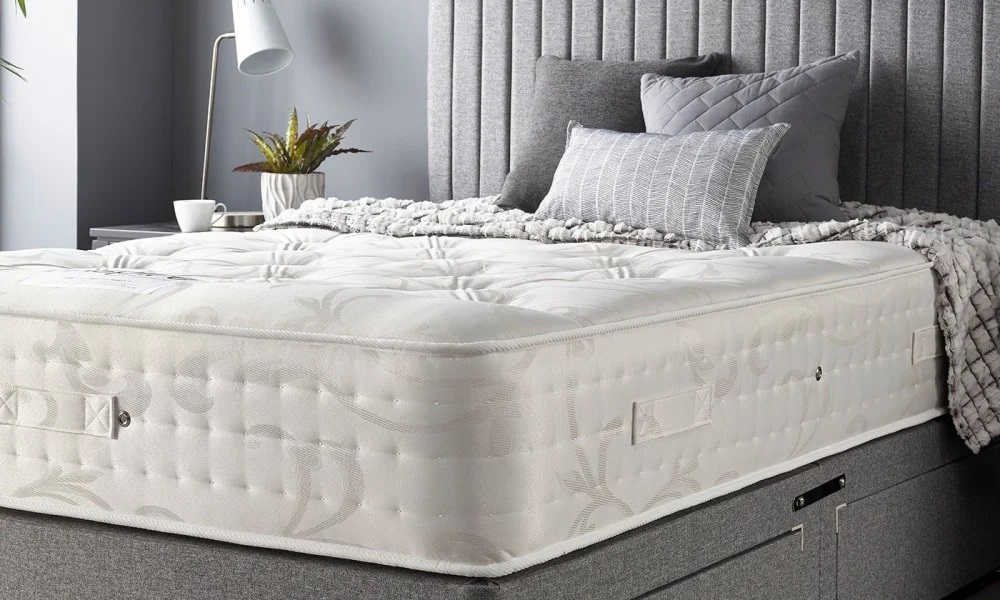Getting a good night’s sleep is both physical and mental health. However, many people the impact their mattresses have on sleep quality and waking health. They are choosing a mattress that is too soft or too firm for your body type leads to poor spinal alignment, disrupted sleep, and chronic pain over time.
Proper spinal alignment matters
The spine is made up of 33 vertebrae separated by discs which act as shock absorbers. When you lie down, these vertebrae and discs should maintain their natural S-shape curve with space between them. This alignment allows even weight distribution and takes pressure off nerves and tissues. When your mattress does not provide adequate support, your heavier body parts sink in further, knocking your spine out of whack.
Over months and years, improper spinal alignment from a too-soft mattress can contribute to:
- Chronic back and neck pain
- Pinched nerves
- Tightness through shoulders and hips
- Poor circulation
- Tossed and turned to sleep
- Low energy upon waking
Encourages better posture & less pain
The best firm mattress provide a flat, supportive surface without sagging yet still conform closely to your body’s natural contours. It helps keep your spine properly aligned through the night regardless of your sleep position. By reducing tossing and turning, a firm mattress also minimizes muscle strain. They are up pain-free makes it easier to maintain good posture throughout the day as well. When back and neck muscles are not stiff or strained first thing in the morning, you instinctively sit and stand taller.
A quality firm mattress keeps your spine in better alignment as you sleep allowing surrounding musculoskeletal tissues to recuperate. Over time, this significantly reduces inflammation and the chances of developing chronic conditions. Those already dealing with back or neck issues benefit from a firmer sleep surface. Individuals recovering from injuries should choose a firm mattress during recovery to prevent further aggravation. Supportive yet slightly conforming memory foam is ideal for keeping the spine straight without pressure points during sleep.
Look for the best firm mattress
If you have decided it is time to upgrade to a firmer, more supportive mattress, keep these key considerations in mind while shopping:
- Mattress type
Traditional innerspring mattresses are too rigid and create pressure points leading to pain and numbness. All-foam or hybrid mattresses provide better body conforming and spinal support. Look for a foam density of at least 1.8 pounds for durability.
- Firmness level
Mattress firmness is measured on a 1-10 scale with 10 being the firmest. The best firm mattresses for proper spinal alignment rate between 7-9, with 8 often the ideal firmness for average-sized side and back sleepers. Stomach sleepers typically prefer a slightly firmer 9-10 mattress.
- Zoned support
Higher-end mattresses are zoned with targeted support reinforced around heavier areas like hips and shoulders without being too rigid. This design principle keeps the spine aligned in all sleep positions. Those with chronic back pain should consider zoned mattresses.
- Responsiveness
Responsiveness refers to how quickly a mattress regains shape after pressure is removed. Bouncier mattresses make it easier to change positions without fighting the mattress. The response also indicates conforming support rather than sagging.
- Cooling properties
Excess body heat during sleep causes tossing and turning as you unconsciously tries to find a cooler spot. Breathable, moisture-wicking materials prevent heat buildup for deeper sleep. Added airflow layers also dissipate body heat.




